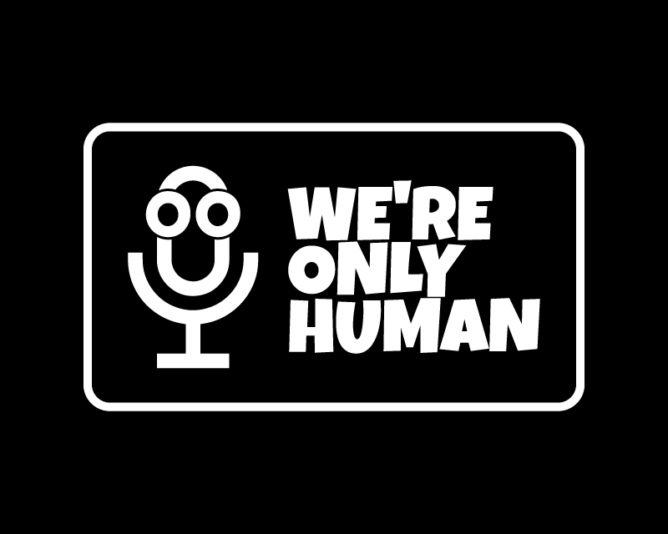Tag: We’re Only Human
-
Is your organization ready for this $3M cost due to human error?
According to new research, US-based organizations face an average cost of $3.86 million for a cybersecurity breach. Do I have your attention? Now for the piece that most of us don’t realize: these types of breaches are most often due to human error, not to some sophisticated spy techniques or sneakiness. That’s where cybersecurity crosses…
-
Mediocrity, Clarity, and Personal Brand with Carla Patton on We’re Only Human
“We allow business leaders to dictate things based on who they like, who they golfed with the last weekend, and things like that when it should be: ‘Who is doing the work and who is a benefit to our work environment and our culture?’” Carla Patton, HR Executive We’re Only Human — Episode 101 One…
-
81: Rethinking Work, Productivity, and Engagement in the Modern Workplace
“People don’t want flexibility. they want complete control over their time.” Today, we keep hearing that flexible work is the way to go. People want it. They crave it. Yet in today’s episode of We’re Only Human, Ben talks with Jody Thompson, creator of the ROWE movement. ROWE stands for “results only work environment,” and…
-

HR Career Advice: Share Your Own Tip and Be (HR) Famous!
I’ve written many times about my entry into the HR profession. One of the things I’ve always prioritized is creating resources to help people get into HR and move toward their strengths and interests. Over the last year I have answered countless emails from people needing career advice and support (some of them answered publicly…
-

The Top 5 Podcast Episodes of We’re Only Human in 2019
Nearly 11 years ago I started writing this blog as a way to capture my learning moments in a new HR job. Today, I still write a good bit but it comes in the form of reports, research, and case studies. I still create plenty of content, but the podcast has become an increasingly fun…
-

We’re Only Human 45: How to Pursue a Culture of Learning Innovation
Ask almost any business leader, and they’ll tell you that they want their organization to have a culture of learning. However, in today’s discussion, Mark Onisk points out that firms often fail at that “squishy” dream because it’s not well-defined. Simply setting up a learning portal won’t lead to improved results, says Onisk. In this…
-

We’re Only Human 43: IBM Leaders Share How Algorithms and Bias Affect Us
Recently Amazon announced it had shut down a talent-finding algorithm built by its internal team. Why? Because it was perpetuating bias against women at the tech giant, which is unacceptable in today’s work environment. With so many bots, algorithms and other tools being used to automate our work and personal lives, it’s important to think…